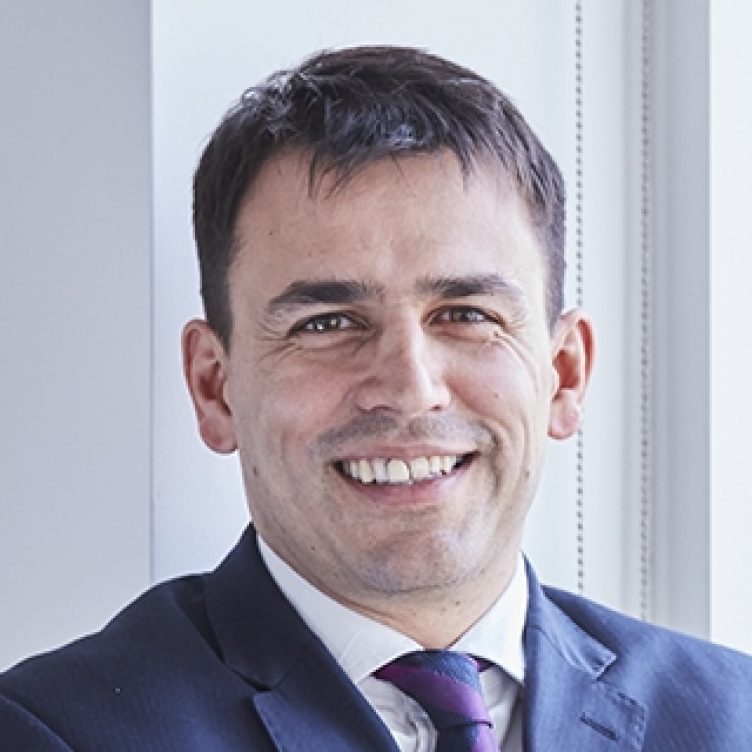The inaugural In-house Counsel Litigation Conference closed with two break-out sessions, one looking at investigations and, in particular, the challenges businesses have when faced with one.
Panel moderator, Mo Bhaskaran, partner at Stewarts, started the discussion by exploring the range of investigations in-house counsel might encounter: internal-only, external, reactive (for example, in response to a whistleblower), and proactive (for example, as part of issues identified during due diligence prior to a corporate transaction). He then went on to introduce a case study involving corrupt payments identified by a company halfway through a three-year contract. This was used as the basis for the discussion, which looked at issues arising during three stages of a developing situation.
The panel also included Simon Cuerden, head of Deloitte’s Forensic Disputes and Investigations practice, and Sam Tate, Head of Anti-Bribery and Corruption at Exiger, formerly in-house at BP plc including during monitorship by the US Department of Justice.
The vital first few hours
All the panel recognised and focused on the importance of avoiding making the situation worse during the vital first 48 hours of an issue arising and inadvertently landing anyone with a risk of being prosecuted as a result of knee-jerk responses.
Reporting obligations were highlighted by Sam Tate, whether those obligations arise as a result of the company being listed on a public market or being subject to contractual obligations. In the first few hours, the panel and audience understood the importance of taking a measured approach and ensuring that any reports would be informative; ideally, this would involve a plan of action and not simply a notification. Losing control of the situation is a major risk when reporting to the authorities and is a much greater risk if a report is made prematurely.
Being conscious of the need to avoid tampering with evidence before it can be preserved and then reviewed was also highlighted, along with the need to identify a core team to manage the situation. In many cases, this could mean sidelining senior executives and creating a bespoke committee (potentially with the involvement of a non-executive or executives) to avoid any risk or perception of a risk of lack of objectivity.
An interesting practical question from the audience asked what a business should do if faced on the one hand with a payment deadline (or pressure to make a payment) and on the other hand growing concerns or suspicions about corruption/fraud.
All the panel agreed that when potential criminality can be visited on the company and its officers, the best way to avoid the payment (or any other proactive step) should be found, whilst fact-finding continues.
Just as important is to take a step back and identify whether the company has any existing insurance policy that could be claimed on for investigation costs (or defence costs if the company is facing a claim). If there are, and notification is delayed, the cost of ignoring available insurance cover could be fatal. Similarly, focusing only on the immediate situation at hand might ignore fairly obvious ongoing risks (for example, focusing on only one of several contracts that the allegedly corrupt employee or third party has been involved in could miss a whole raft of other live risks).
The early days of an investigation
Given the number of issues that arise when a corruption investigation is underway, a crucial early step for the in-house team is to pick the right investigation team, both internally and externally. Board members, legal representatives, accounting experts, forensic IT support, HR, PR, and sponsors of PLCs are all likely to have a role to play.
As important is working out what deadlines need to be hit. The company might be able to put off reporting something to the market for a few days in order to take the time to find out if there is anything to report, but in these days of endless data sources and volumes, it simply isn’t possible to look at everything. The scope of the factual and legal investigations need to be realistic to take into account the time available. Technology has a crucial role to play here both in preserving evidence that can’t be looked at yet and in interrogating what can. Simon Cuerden focused on the work that forensic IT and accounting experts can play using early case assessment tools.
Simon also highlighted the importance of focusing interviews on whistleblowers rather than potential culprits, both in order to take the low hanging fruit and also to reduce the risk of committing a criminal offence by tipping anyone off.
Initial conclusions and next steps
The final phase of the discussion looked at initial conclusions from an early, focused investigation.
At this stage, any reports that are required to be made externally might be prepared and issued, ideally with details of a plan to deal with the situation and to reduce the risk of it happening again. Showing how the company proposes to deal with the situation can reduce the risk of a regulator-led investigation being implemented.
Implementing the plan of action (including by improving internal policies and taking action against employees and third parties) is also crucial.
A PR strategy is also likely to come to the fore sooner rather than later, either because of a risk of a regulator going public or because the company has its own trading reports to make to the market.
The audience interaction was impressive and thought-provoking, highlighting that in the current climate in-house counsel are more likely than ever to have to deal with fraud/bribery/corruption problems and the myriad issues these give rise to.
Planning in advance can help, but each situation is different and very few situations can be dealt with effectively with a purely off-the-shelf solution.
Interested in attending next year?
Sign up here to register your interest.
In-house Counsel Litigation Conference 2018
To see a summary of the sessions with links to all summary write-ups from the conference click here.
Media contact: Lydia Buckingham, Senior Marketing Executive, +44 (0) 20 7822 8134, lbuckingham@stewartslaw.com









